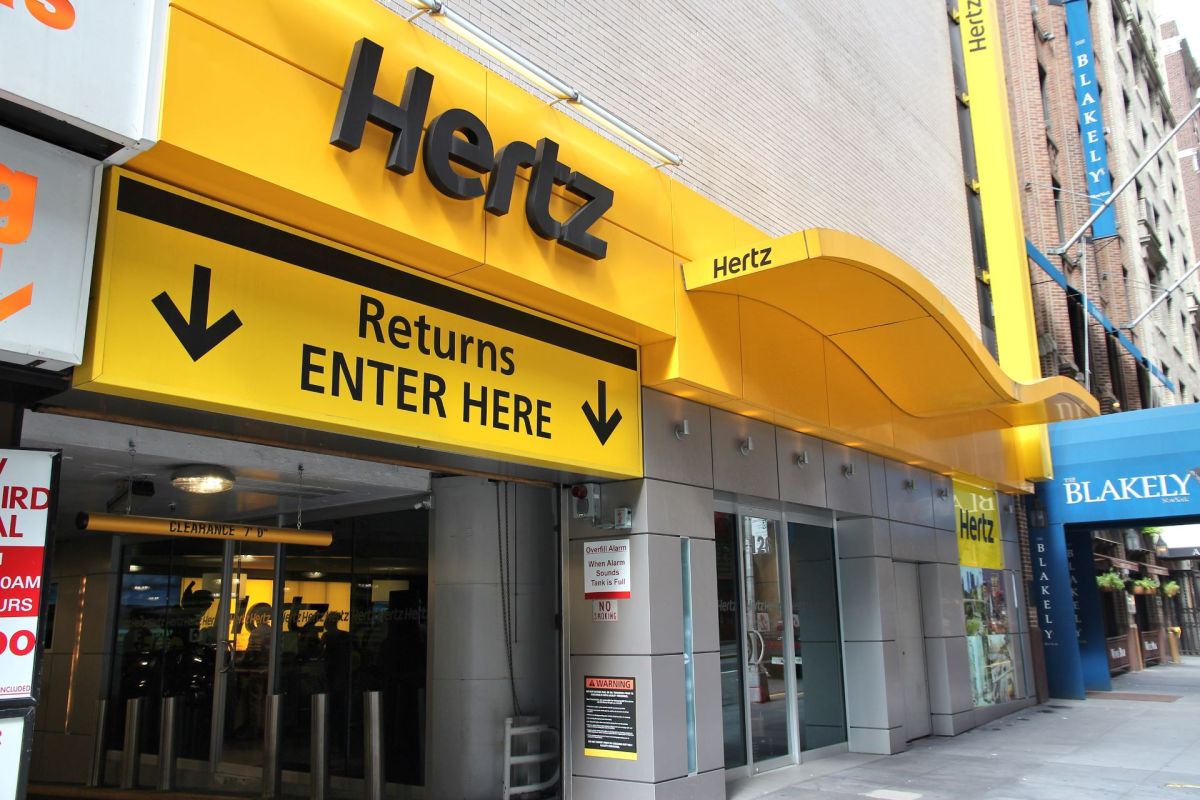Hertz is embracing its name and using it to empower the future of electric vehicles (EVs) in a recent move to accelerate the electrification of its fleet of rental cars. CNBC reports that by the end of 2024, the rental giant plans for EVs to make up 25% of its 500,000 vehicles, up from 10% in 2023.
With deals to purchase 330,000 EVs from Tesla, Polestar, and General Motors, Hertz will soon be providing savings for customers and reducing planet-overheating air pollution.
In 2022, the globe-spanning rental car company announced a 12% increase in annual profits amid the push to electrify its fleet, which the company partially credited to its EVs being between 50-60% cheaper to maintain than its gasoline-powered cars.
Hertz's latest announcement is more than just a savvy business play; it's a significant development in the EV revolution and for the automobile market as a whole. EVs offer many advantages over traditional internal-combustion engine cars, including lower operating costs, tax incentives, and cleaner air, according to the U.S. Department of Energy.
Hertz's move could have a ripple effect on everyday people and the environment in numerous ways. One potential impact is that as companies like Hertz buy more EVs and demand continues to increase, the cost of these vehicles will come down, as reported by Forbes. This can lead to more affordable used EVs entering the market, benefiting consumers who are eager to go electric but may be put off by high prices.
Furthermore, such an initiative has potential environmental benefits, as more EVs on the roads means less pollution from transportation. Indeed, as reported by CNBC, half of Hertz's rentals come from business travelers, many of whom are increasingly choosing EV rentals as part of their companies' efforts to reduce their negative environmental impact for Environmental, Social, and Governance (ESG) initiatives.
An even more exciting part of Hertz's shift to electric is the growing number of rideshare drivers renting electric cars. Uber drivers, for instance, can rent EVs at lower rates and receive a $1 per ride bonus for using an EV. As reported by CleanTechnica, Altanta-based Uber driver Tracy Lynn Young pays $340 a week to rent her Tesla, and she earns up to $1,800 a weekend.
Thanks to the incentives by Uber, lower charging costs, and the stir caused by EV-curious riders, renting EVs can make good business sense for rideshare drivers.
Hertz is also working with BP Pulse to install more EV charging stations in major U.S. cities, providing more convenience for its customers and the public. And, according to Hertz, there's no recharging fee for Hertz EV customers who return their cars with batteries that match your starting charge or are at least 75% charged (whichever is lower), so no more rushing to fill up before you return your next rental if you are in an EV.
All in all, Hertz's move to make EVs more common on the roads may not revolutionize the EV industry overnight. Still, it's undoubtedly a significant step in the fight against climate change and for consumer access to EVs.
"I think Hertz and our EV fleet is the most affordable entry point for drivers to get into those electric vehicles and use them," Hertz CEO Stephen Scherr said on the company's earnings call, as reported by CNBC. "And needless to say, I'm happy in that we get more of these EVs on rent at attractive rates but maybe most importantly, at attractive margins in terms of what we see happening."
Join our free newsletter for cool news and actionable info that makes it easy to help yourself while helping the planet.









